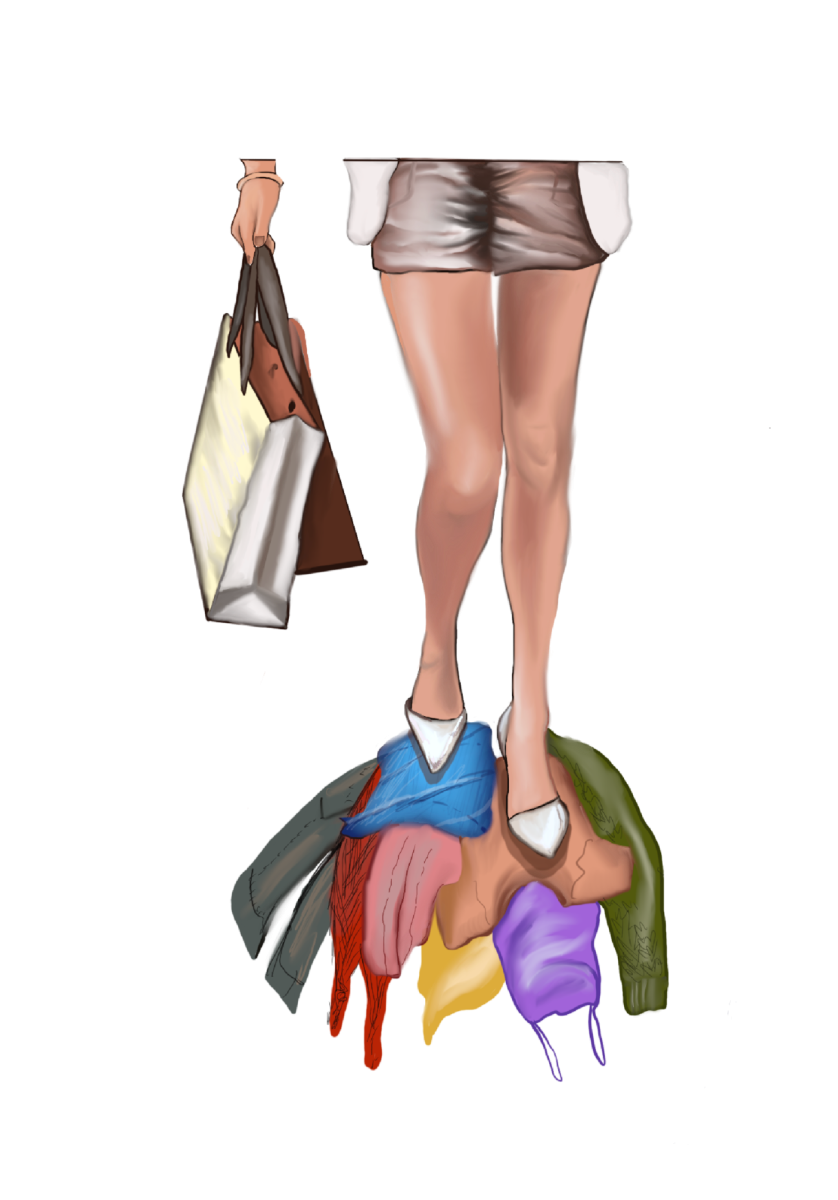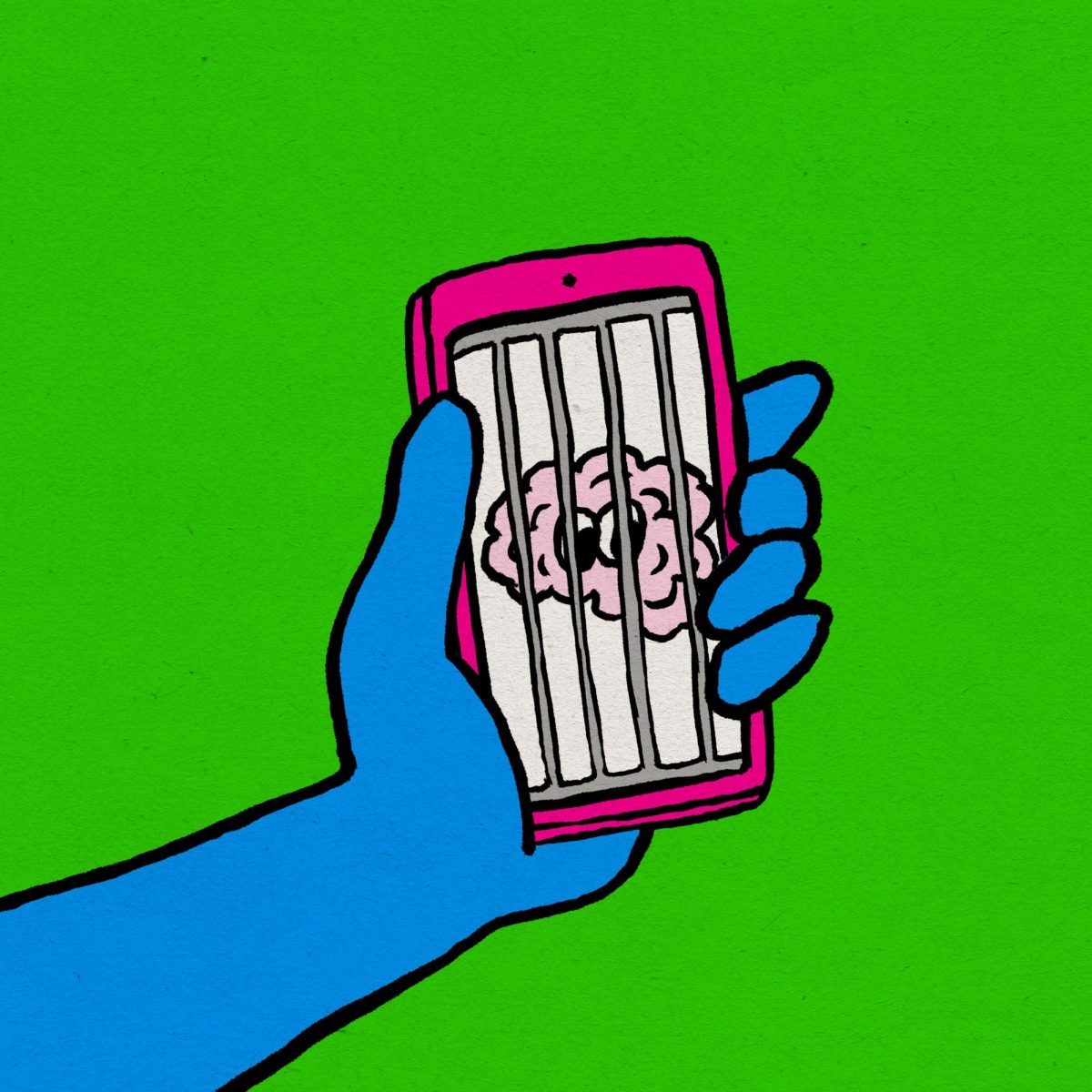If you constantly find yourself on the internet, it’s very possible that you have come across the recent allegations that have slammed the television channel Nickelodeon. On March 17, Max came out with “Quiet on Set: The Dark Side of Kids TV,” delving into the toxic world that manifested behind the scenes of some of our generation’s favorite shows growing up. Testimonies centered around the stories of both actors and writers, as they spoke about unlawful split-wages, sexism in the writing room and the inappropriate and suggestive humor on children’s television. Nickelodeon is a clear demonstration of how cycles of abuse form and maintain themselves, particularly in the entertainment industry.
One of the most notable testimonies, however, concerned former actor and dialogue coach Brian Peck.
According to the Los Angeles Police Department (LAPD), in 2003, Brian Peck was charged with 11 counts of lewd acts with a minor. He served 16 months in prison and was registered as a sex offender. Through the documentary, audiences learned that Brian Peck’s victim was former child actor Drake Bell.
Bell’s testimony shook many, to say the least. When I saw Bell take a seat in front of the camera, my heart sank. He was the last person I expected to sit for such an interview, but I also didn’t expect any of the gruesome details that this documentary exposed.
After the massive uproar over the documentary, Dan Schneider — a prominent show creator and producer for the network — went on YouTube to have an interview with Bobbie K Bowman, who played the eccentric T-Bo in the teen sitcom iCarly. Throughout the interview, Bowman presents Schneider with the claims made in the documentary concerning his toxic behavior towards the actors and writers. Schneider’s responses were a mixed bag; while he appeared apologetic for the majority of the claims, he also took the opportunity to find justification. On multiple occasions, he initiates his response with an apology, followed by some sort of explanation or justification, and concludes by restating his apology. This is where the problem lies.
There was never a clear moment in which Schneider took complete accountability for his actions. While Bowman mentioned all of the issues that the documentary addressed, every question was a softball; Bowman was not an adequate interviewer. He did not ask the questions that the people wanted to know, but rather the questions that would give Schneider the space to look the most optimal amid these allegations.
Cycles of abuse in Hollywood will never change if we constantly set up perpetrators to look good. They will continue to manifest themselves because the people who hold power do not stop the abusers of said power. The reality becomes much more grave when children and the behind-the-scenes workers are at stake. These are the individuals who hold the least amount of power in the industry and are thus more prone to being taken advantage of — and they sadly were. And unless more and more documentaries come out, we will never know what truly happens to these individuals when the cameras are not rolling.
Nickelodeon and Dan Schneider had been a topic of conversation long before the documentary and the interview, too. In recent years, many people have noticed the sexual jokes and inappropriate characters that Schneider had created with children and presented to children. Looking back at it, I feel horrible for not noticing it before, but how could I, if I was just a kid? Besides being naive about the abuse happening behind the scenes, we were naive about what was being portrayed on television. We were being desensitized into believing that such humor was acceptable. While I didn’t know what these jokes meant or what certain characters represented, we grew up with the implicit assumption that these jokes were appropriate jokes to make and find funny. They were not; no child should have to be subject to it.
I am disillusioned with Hollywood and find many of its working parts disgusting and exploitative of those who have the purest intentions to entertain and be in the world of media. Acting, writing and other forms of expression are so beautiful and powerful demonstrations of the human experience. However, there can be a darker side to this when those in power choose to use their platform not to help and inspire but rather to harm others. We cannot enjoy the entertainment and beauty of these art forms without acknowledging the ugliness that goes into their creation.





